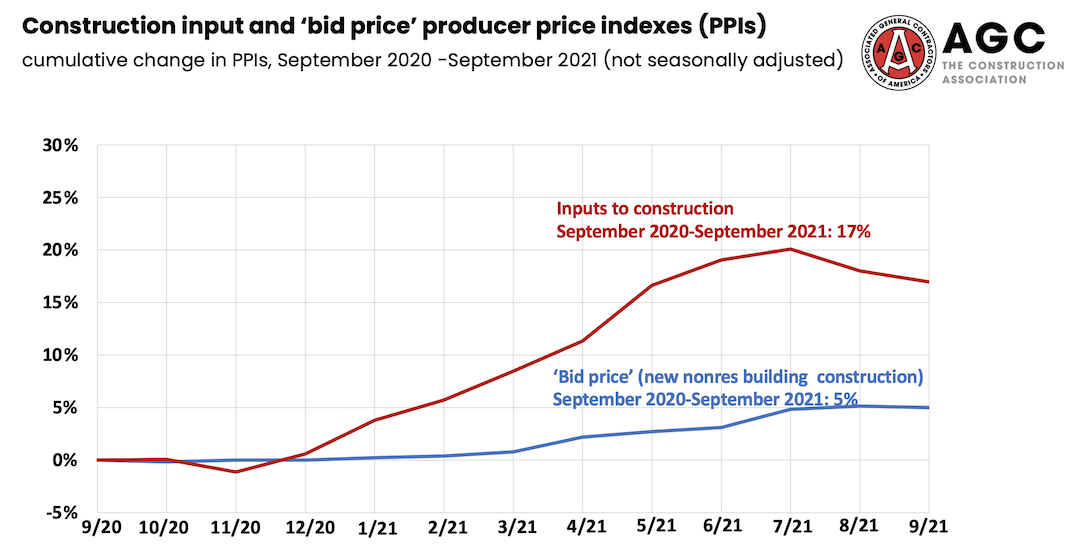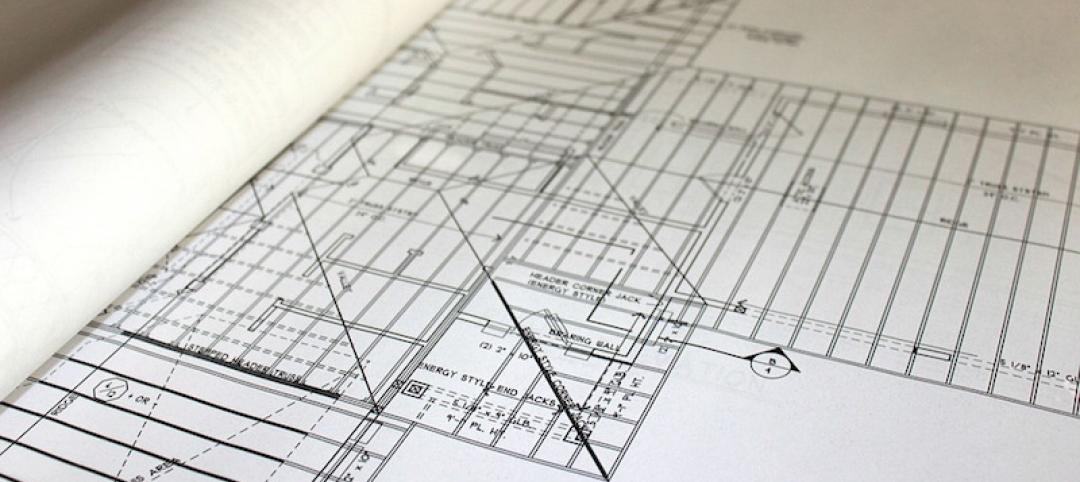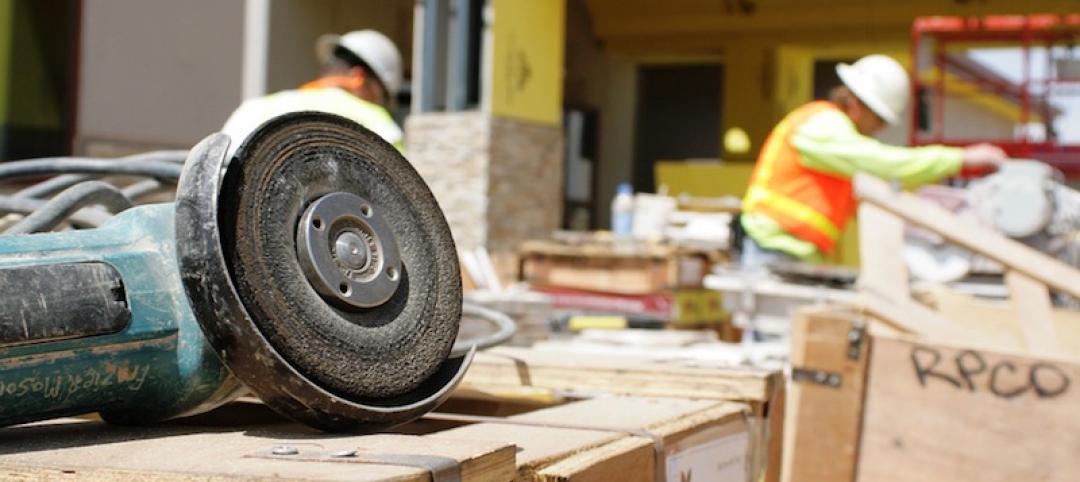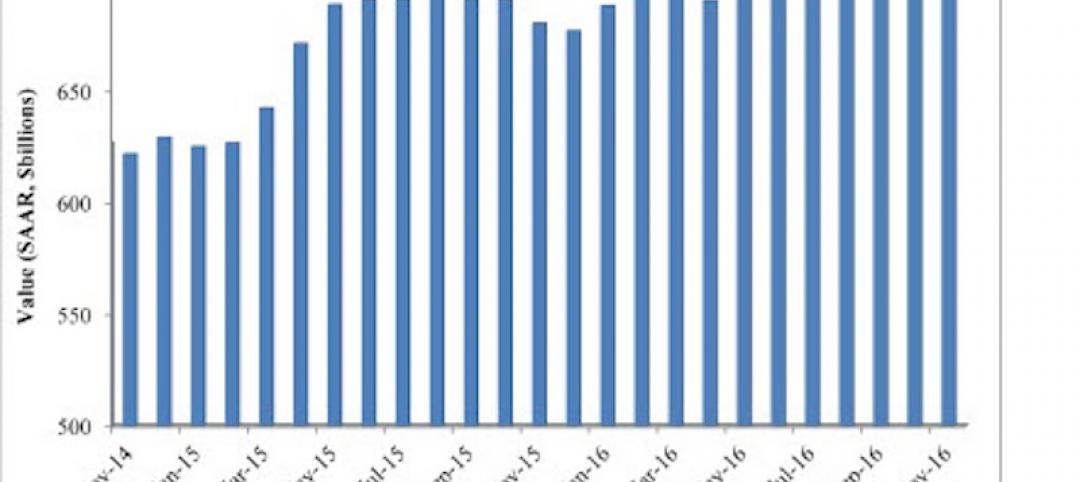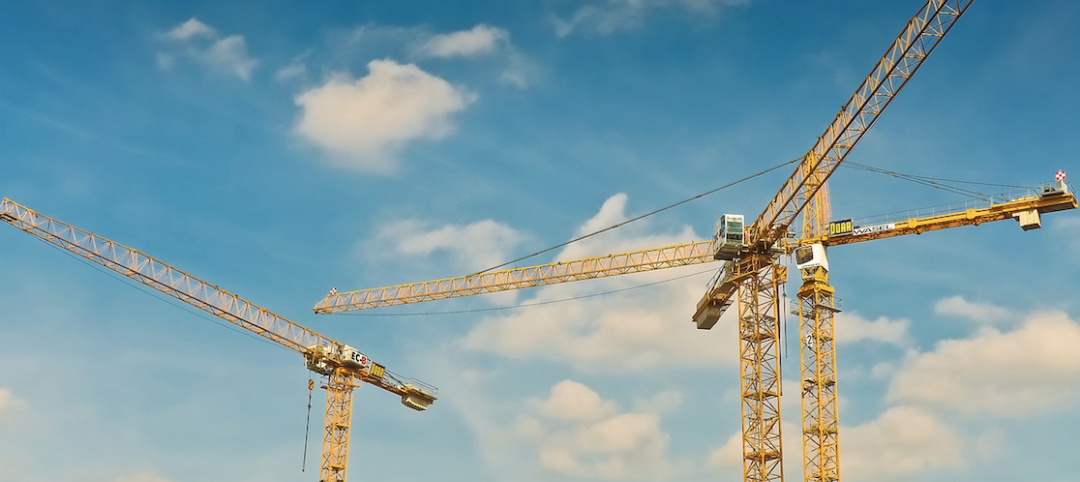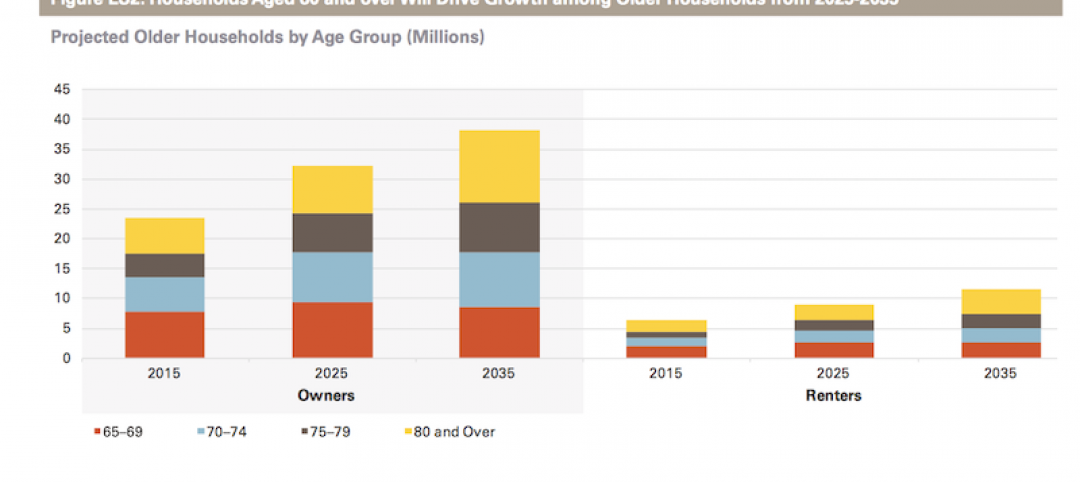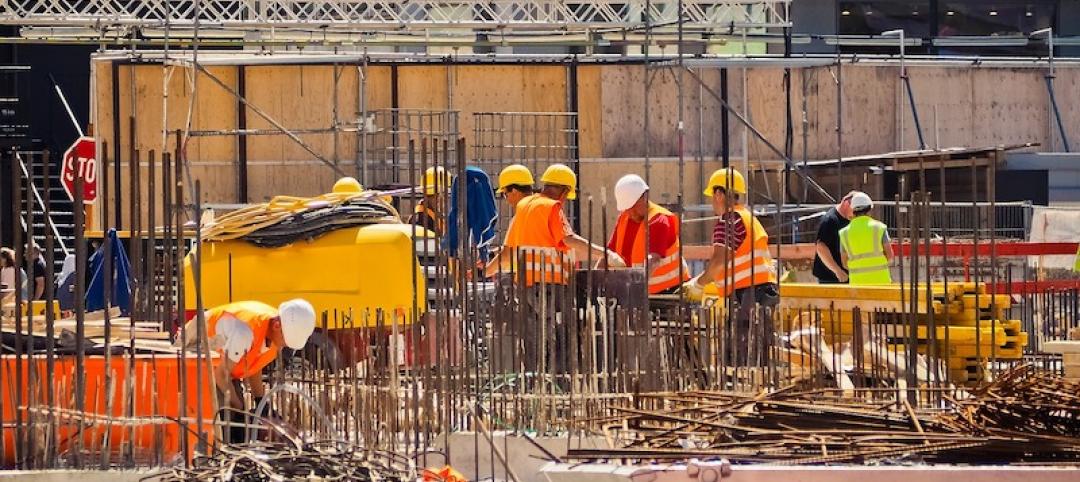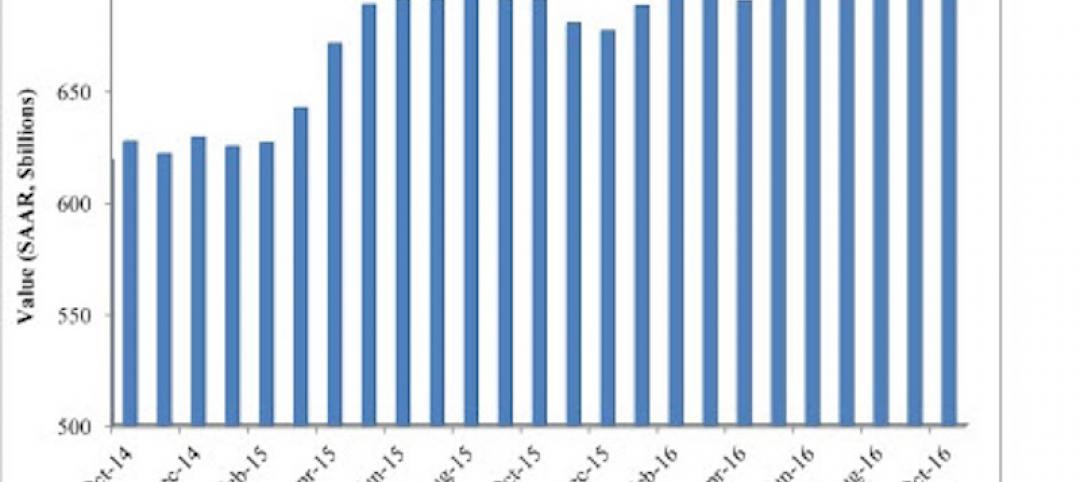The prices contractors pay for construction materials far outstripped the prices contractors charge in the 12 months ending in September, despite a recent decline in a few materials prices, while delivery problems intensified, according to an analysis by the Associated General Contractors of America of government data released today. Association officials urged Washington officials to end tariffs on key construction materials and take steps to help unknot snarled supply points.
“Construction materials costs remain out of control despite a decline in some inputs last month,” said Ken Simonson, the association’s chief economist. “Meanwhile, supply bottlenecks continue to worsen.”
The producer price index for new nonresidential construction—a measure of what contractors say they would charge to erect five types of nonresidential buildings—rose 5.2% over the past 12 months, despite a decline of 0.9% in the latest month. From September 2020 to last month, the prices that producers and service providers such as distributors and transportation firms charged for construction inputs jumped 17%, Simonson noted.
There were double-digit percentage increases in the selling prices of most materials used in every type of construction with the exclusion of lumber and plywood, which fell 12.3% during the past 12 months.
The producer price index for steel mill products increased by 134% compared to last September. The index for copper and brass mill shapes rose 39.5% and the index for aluminum mill shapes increased 35.1%. The index for plastic construction products rose 29.5%. The index for gypsum products such as wallboard climbed 23%. The index for insulation materials rose 19%, while the index for prepared asphalt and tar roofing and siding products rose 13.1%.
In addition to increases in materials costs, transportation and fuel costs also spiked. The index for truck transportation of freight jumped 15%. Fuel costs, which contractors pay directly to operate their own trucks and off-road equipment, as well as through surcharges on freight deliveries, have also jumped.
Association officials added that many contractors are experiencing extreme delays or uncertainty about delivery dates for receiving shipments of many types of construction materials. The association officials urged the Biden administration to immediately end tariffs on key construction materials. In addition, they asked for an all-out effort to help ports and freight transportation businesses move goods more quickly
“The tariffs on lumber, steel, aluminum, and many construction components have added fuel to already overheated prices,” said Stephen E. Sandherr, the association’s chief executive officer. “Ending the tariffs would help immediately, while other steps should be taken to relieve supply-chain bottlenecks.”
View producer price index data. View chart of gap between input costs and bid prices. View the association’s Construction Inflation Alert.
Related Stories
High-rise Construction | Jan 23, 2017
Growth spurt: A record-breaking 128 buildings of 200 meters or taller were completed in 2016
This marks the third consecutive record-breaking year for building completions over 200 meters.
Market Data | Jan 18, 2017
Fraud and risk incidents on the rise for construction, engineering, and infrastructure businesses
Seven of the 10 executives in the sector surveyed in the report said their company fell victim to fraud in the past year.
Market Data | Jan 18, 2017
Architecture Billings Index ends year on positive note
Architecture firms close 2016 with the strongest performance of the year.
Market Data | Jan 12, 2017
73% of construction firms plan to expand their payrolls in 2017
However, many firms remain worried about the availability of qualified workers.
Market Data | Jan 9, 2017
Trump market impact prompts surge in optimism for U.S. engineering firm leaders
The boost in firm leader optimism extends across almost the entire engineering marketplace.
Market Data | Jan 5, 2017
Nonresidential spending thrives in strong November spending report
Many construction firms have reported that they remain busy but have become concerned that work could dry up in certain markets in 2017 or 2018, says Anirban Basu, ABC Chief Economist.
Market Data | Dec 21, 2016
Architecture Billings Index up slightly in November
New design contracts also return to positive levels, signifying future growth in construction activity.
Market Data | Dec 21, 2016
Will housing adjust to an aging population?
New Joint Center report projects 66% increase in senior heads of households by 2035.
Market Data | Dec 13, 2016
ABC predicts modest growth for 2017 nonresidential construction sector; warns of vulnerability for contractor
“The U.S. economy continues to expand amid a weak global economy and, despite risks to the construction industry, nonresidential spending should expand 3.5 percent in 2017,” says ABC Chief Economist Anirban Basu.
Market Data | Dec 2, 2016
Nonresidential construction spending gains momentum
Nonresidential spending is now 2.6 percent higher than at the same time one year ago.


